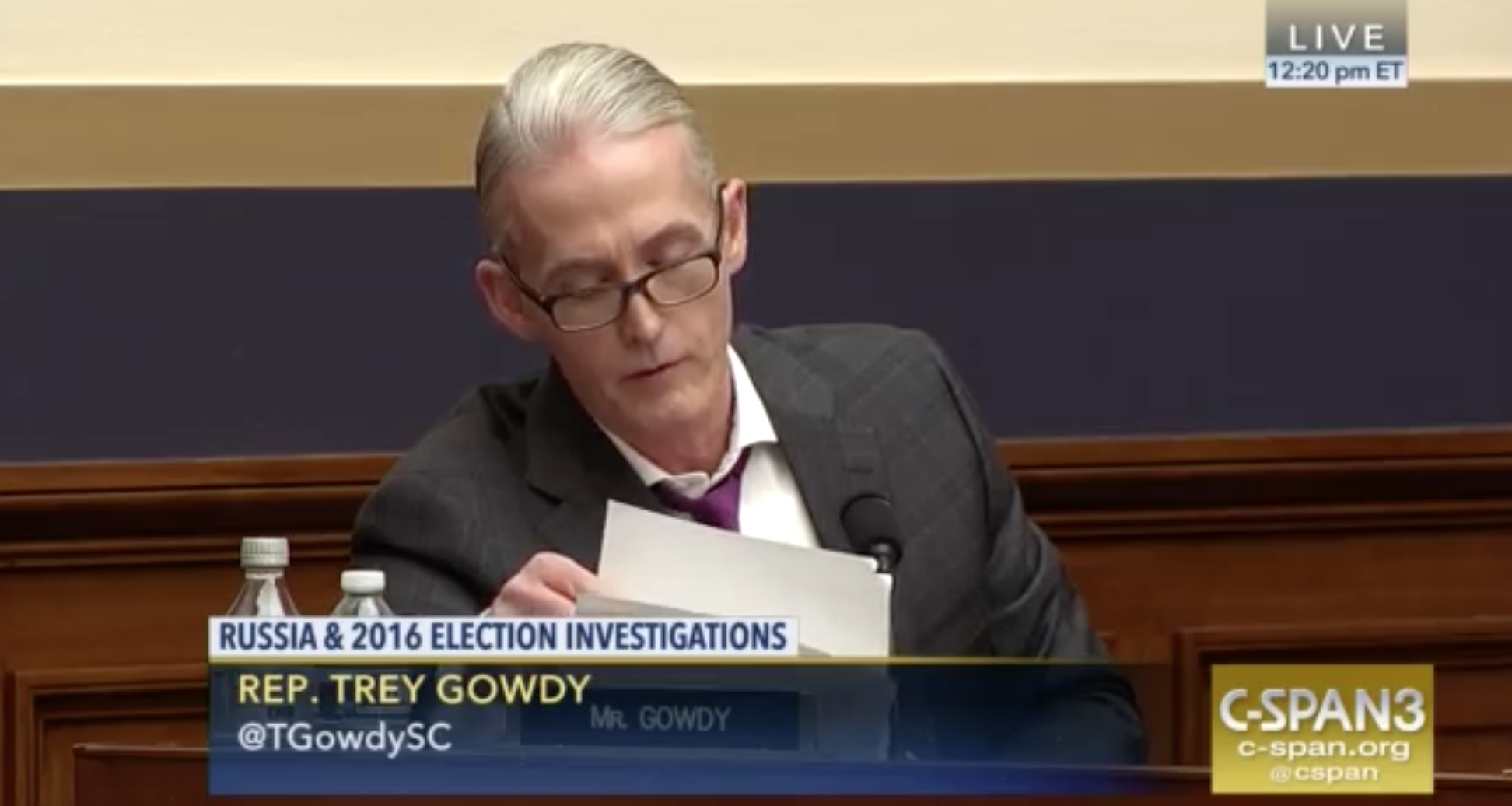The Recruitment of Jared Kushner
The other day, DOJ provided its sixth installment of Mueller 302s in response to BuzzFeed and CNN’s FOIAs. The batch includes files that have previously been referred to other agencies, such as multiple pages from Steve Bannon’s February 14, 2018 interview that were sent to DOD, which has determined they must be protected under b5 (deliberative) and one b4 (trade secrets) exemption.
A whole set of previously referred interview reports pertain to Russian outreach to Jared Kushner. These reports include:
- Reprocessed pages from Dmitri Simes
- Jared Kushner’s April 11, 2018 interview
- Rick Gerson’s two interviews, one on June 5, 2018 and another on June 15, 2018
In addition, the 302 of Richard Burt and some other people from Center for National Interest — Simes’ think tank — were released.
As a reminder, CNI served as the host for Trump’s first foreign policy speech on April 27, 2016. There were allegations that CNI provided feedback on the speech and questions about whom Sergey Kislyak spoke with at the speech. Simes continued to advise Kushner on policy pertaining to Russia throughout the campaign. When Kushner wanted to vet an email from Vladimir Putin immediately after the election, he reached out to Simes for Kislyak’s contact information. Then, a series of meetings arranged via Kislyak during the Transition, during one of which Kushner asked for a back channel, resulted in a meeting with the head of sanctioned bank, Vnesheconombank, Sergei Gorkov.
Parallel to the Kislyak-led effort, Russia made three other attempts to establish a back channel during the Transition. One, via Robert Foresman reaching out to Mike Flynn, one via CNI Board Member and Alfa Bank board member Richard Burt through Simes, and a third — the most successful — in which Kirill Dmitriev reached out first via George Nader and then through Kushner’s college buddy Rick Gerson.
None of these newly released interview reports have exemption markings akin to the ones on Bannon’s reprocessed pages describing which agency they had been referred to (which may suggest they were reviewed by CIA), but they seem to pertain to the cultivation of the President’s son-in-law.
To be very clear: while Dmitriev, using Gerson, succeeded in setting the agenda for the first phone call between Putin and Trump, the Mueller Report found no evidence that Russia succeeded in using CNI has a back channel.
The investigation did not identify evidence that the Campaign passed or received any messages to or from the Russian government through CNI or Simes.
That said, all of this remains appears to remain under active investigation. Between Simes’ first and second interviews, over 200 redactions cite a b7A exemption for an ongoing investigation; many of those also cite b3, which may indicate classified information. 25 redactions in Burt’s interview cite b7A and there are a number of b3 exemptions. Four paragraphs in what may be a continuation of the Simes discussion in Kushner’s interview include b7A redactions. There are also b7A redactions (some also marked b3) in the interview reports of fellow CNI employees, Jacob Heilbrunn and Paul Saunders.
And while the available reports suggest Kushner was just an easy mark in all of this (as he likely is for all the foreign countries he negotiates with — there’s nothing unique about Russia here), there are a few details about how this got written up in the Mueller Report worth noting. For example, the Mueller Report describes Kushner reaching out to Simes because they had so little support from experienced foreign policy people.
Kushner told the Office that the event came at a time when the Trump Campaign was having trouble securing support from experienced foreign policy professionals and that, as a result, he decided to seek Simes’s assistance during the March 14 event.
The underlying 302 report describes Kushner “admitt[ing] to ‘pursuing’ SIMES.”
A paragraph in the Mueller Report describing Kushner’s periodic contact with Simes during the campaign depicts Kushner as the passive recipient of Simes’ attention.
Between the April 2016 speech at the Mayflower Hotel and the presidential election, Jared Kushner had periodic contacts with Simes.648 Those contacts consisted of both in-person meetings and phone conversations, which concerned how to address issues relating to Russia in the Campaign and how to move forward with the advisory group of foreign policy experts that Simes had proposed.649 Simes recalled that he, not Kushner, initiated all conversations about Russia, and that Kushner never asked him to set up back-channel conversations with Russians.650 According to Simes, after the Mayflower speech in late April, Simes raised the issue of Russian contacts with Kushner, advised that it was bad optics for the Campaign to develop hidden Russian contacts, and told Kushner both that the Campaign should not highlight Russia as an issue and should handle any contacts with Russians with care.651 Kushner generally provided a similar account of his interactions with Simes.652
648 Simes 3/8/18 302, at 27.
649 Simes 3/8/18 302, at 27.
650 Simes 3/8/18 302, at 27.
651 Simes 3/8/18 302, at 27. During this period of time, the Campaign received a request for a high-level Campaign official to meet with an officer at a Russian state-owned bank “to discuss an offer [that officer] claims to be canying from President Putin to meet with” candidate Trump. NOSC00005653 (5/17/16 Email, Dearborn to Kushner (8: 12 a.m.)). Copying Manafort and Gates, Kushner responded, “Pass on this. A lot of people come claiming to carry messages. Very few are able to verify. For now I think we decline such meetings. Most likely these people go back home and claim they have special access to gain importance for themselves. Be careful.” NOSC00005653 (5/17/16 Email, Kushner to Dearborn).
652 Kushner 4/11 /18 302, at 11-13.
But the unredacted details in Kushner’s 302 are of interest. They describe Simes sending Kushner a “memo on what Mr. Trump may want to say about Russia.” And in his interview, Kushner described never receiving information from Simes that could be “operationalized” (this passage appears before a description of Simes floating dirt on Clinton).
Similarly, the Mueller Report does not include something that appears in Kushner’s 302 describing the President’s son-in-law asking for a back channel, that Kushner asked to be connected with people “who can make decisions.” Days later, of course, Kislyak started to set up the meeting with Sergei Gorkov.
The Report notes that these meetings took place in either Kushner’s office or that of Colony Capital (Tom Barrack’s office). But the passage from Kushner’s 302 which the Report cites for the location of the Gorkov meeting (page 19) remains redacted.
The one-on-one meeting took place the next day, December 13, 2016, at the Colony Capital building in Manhattan, where Kushner had previously scheduled meetings. 1152
1152 Kushner 4/11/18 302, at 19; NOSC00000130-135 (12/12/16 Email, Kushner to Berkowitz).
And there’s a detail made public since the Mueller Report that suggests Kushner may not have been entirely candid in his interview: in testimony before Congress last year, Rex Tillerson disputed a key detail from Kushner’s testimony — that he had passed along a document from Dmitriev shared via Rick Gerson. There’s no record Mueller interviewed Tillerson.
To be fair, DOJ has released two details not included in the Mueller Report, which by the standards of this FOIA release is generous. Yet Jared also happens to be a top Trump advisor — the beneficiary of absurd levels of nepotism — involved in every aspect of foreign policy. He could not obtain security clearance on his own. And the details of these FOIA releases suggest that’s because it’s not yet clear what happened with Russian efforts to cultivate him during the election.
Given how the Mueller Report leaves out key details of Kushner’s vulnerability to such cultivation, DOJ should be forced to release more of this 302.


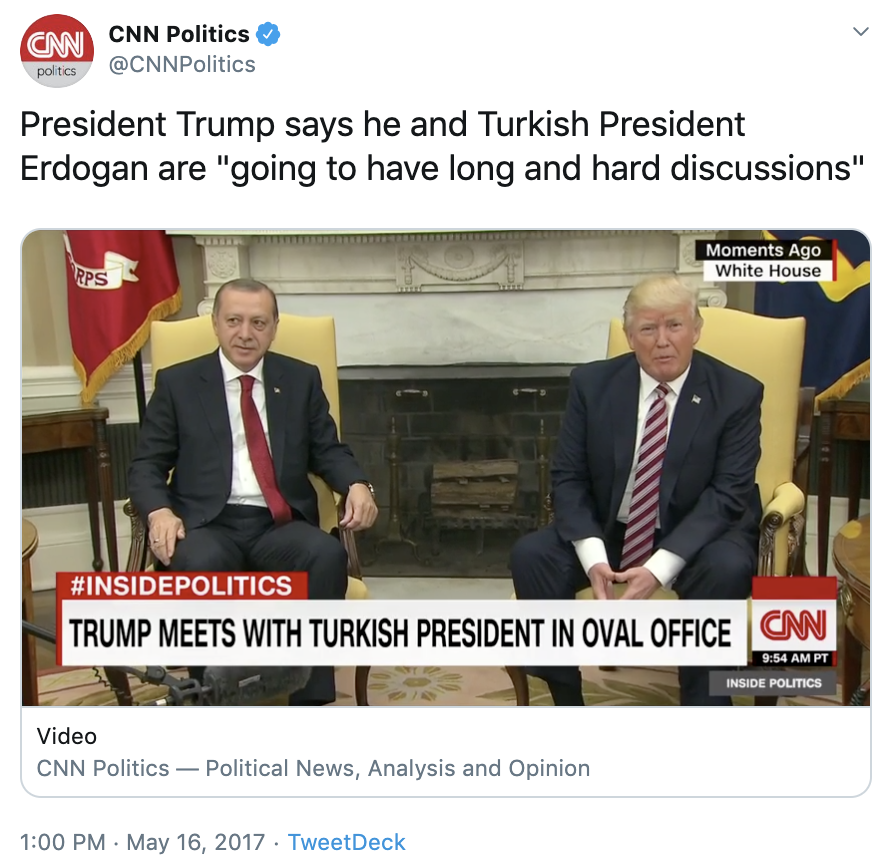
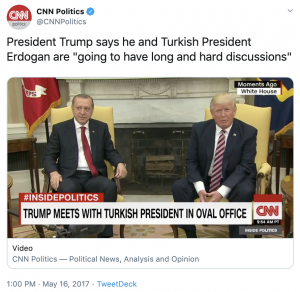
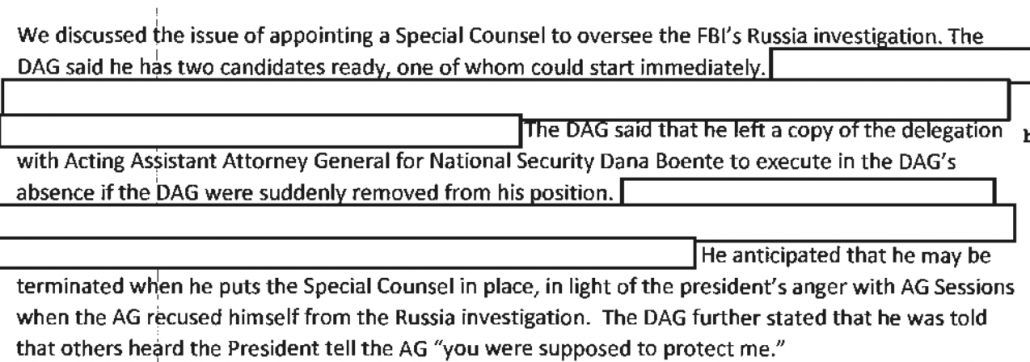
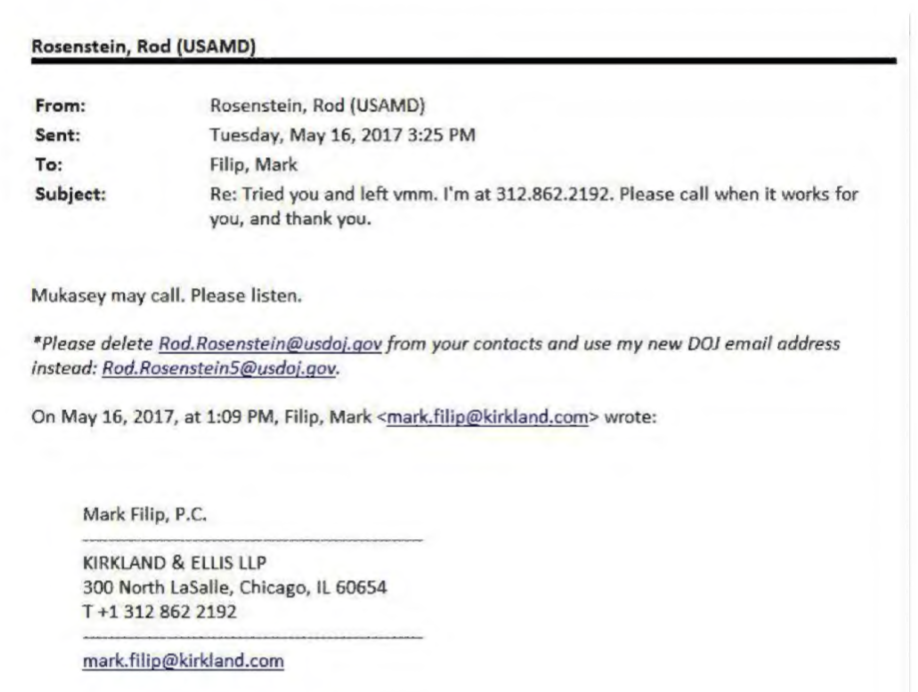
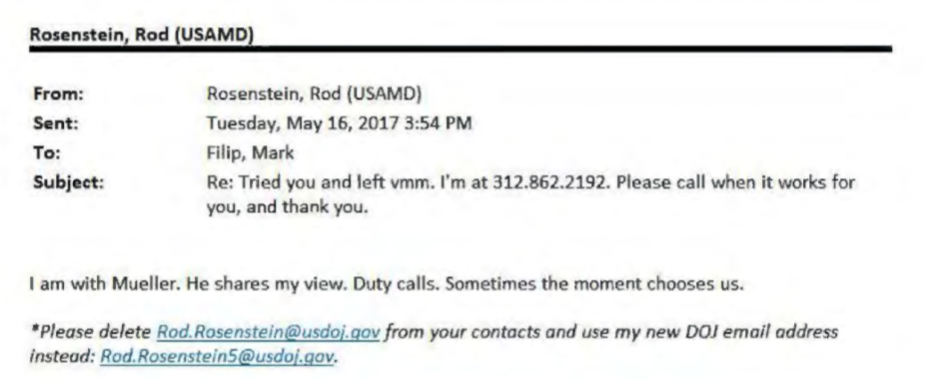




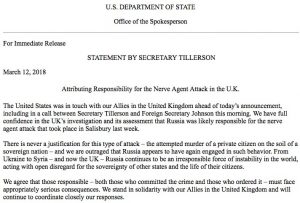
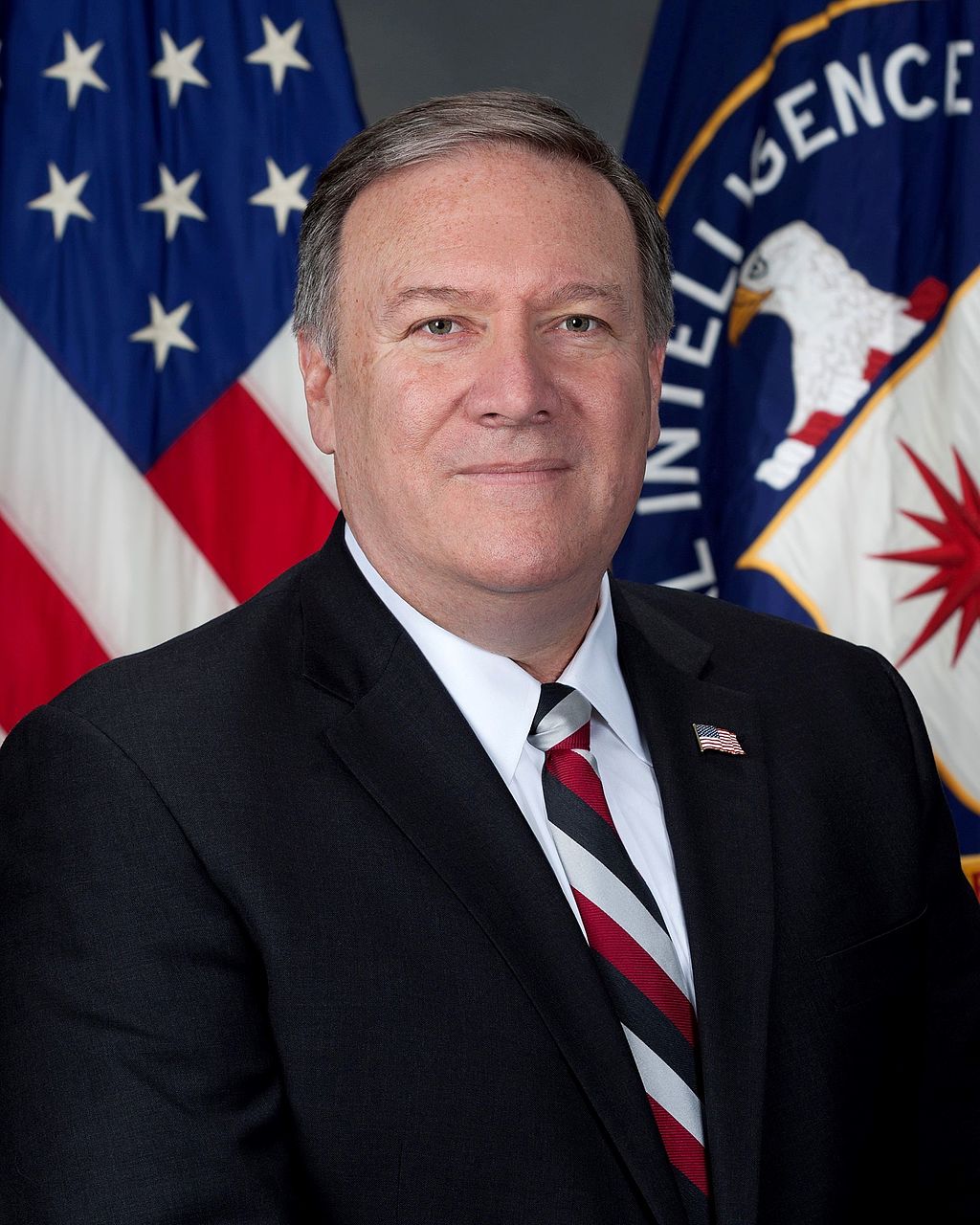
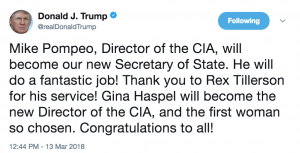
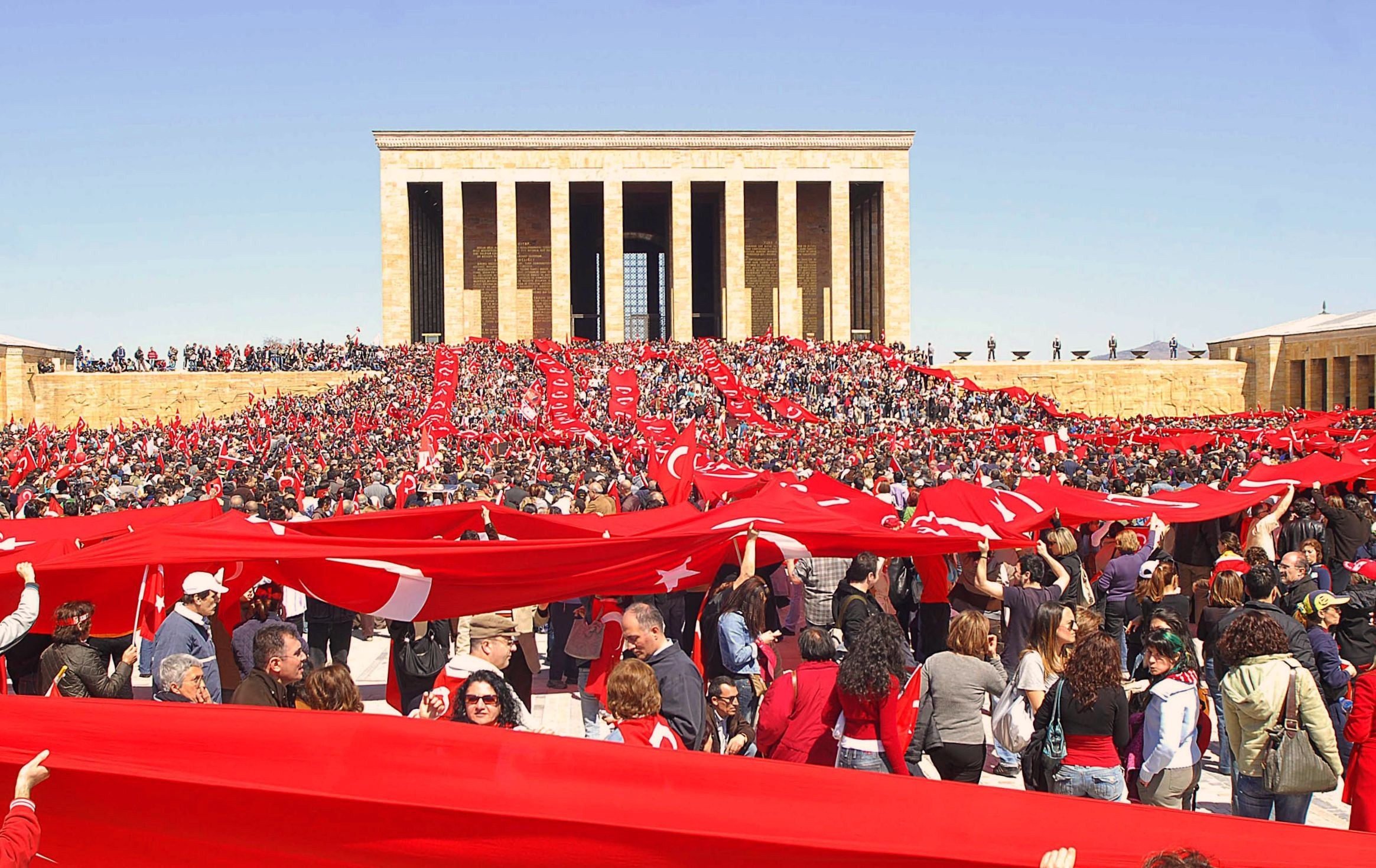
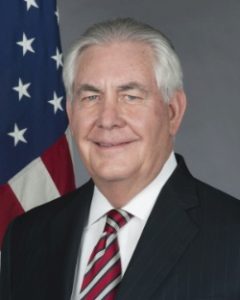
 It knows everything and always willing to share.
It knows everything and always willing to share.